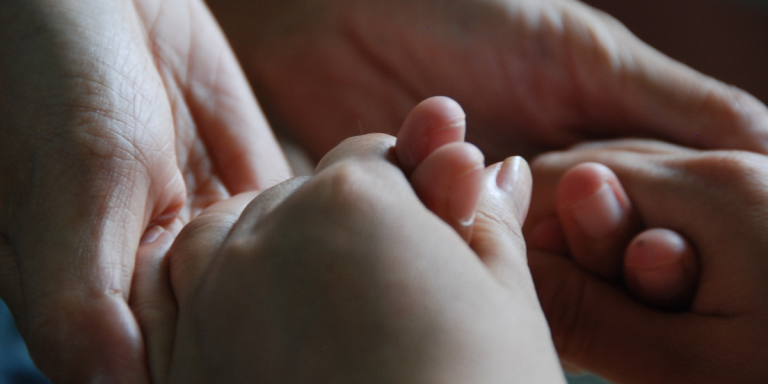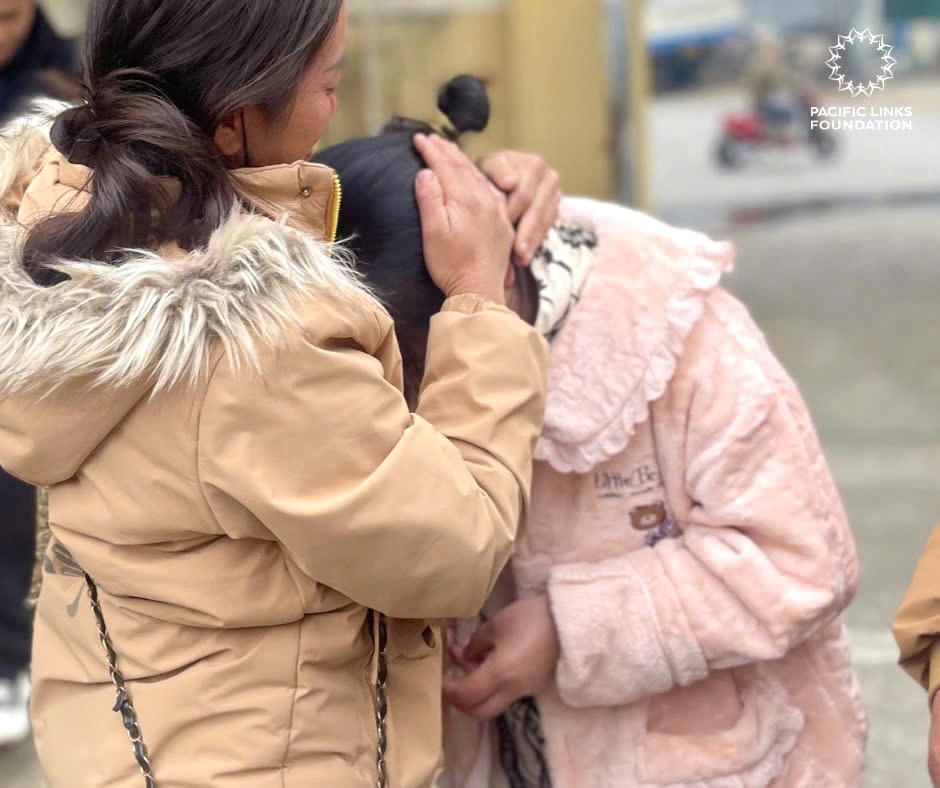On June 27, the U.S. Department of State released the 2011 Trafficking in Persons (TIP) report, which assesses the counter-human trafficking efforts of 184 countries and provides recommendations for improvement. Although it can’t fully investigate the complicated nature of the issue in each country and is, after all, written with the U.S.’s diplomatic policies in mind, this annual report is one of the main sources of standardized information about trafficking in the world.
Vietnam was listed as “Tier 2 – Watchlist” again this year. The Vietnam section of the report pointed primarily to Vietnam’s labor trafficking problem and encouraged Vietnam to make information and protections more readily available for private and state-run labor export companies. I was frustrated by the shortage of information about sex trafficking, as this is still a pressing issue in the regions where Pacific Links Foundation works, and it is inextricably linked to the rise in labor export from Vietnam.
One of the victim stories from the TIP report highlighted the link between labor trafficking and sex trafficking that is often observed in Vietnam:
“Olga, 23, came to Dubai from Moldova on a visitor visa after hearing about a job opportunity there. A Russian woman and an Indian man picked her up at the airport when she arrived. They took her to their apartment and told her she would instead be prostituted. When she refused, they beat her and threatened to kill her and bury her in the desert. They threatened to harm her if she did not pay them back for her travel expenses, and then sent Olga to a local hotel to meet customers and collect money from them.”
U.S. Secretary of State Hilary Rodham Clinton spoke at the White House on the day the report was released, reiterating some of the key points and talking about her own experience visiting a shelter for young trafficking victims in Cambodia.
This year’s report also contained a section that I’d never noticed in prior years, entitled “TIP Heroes.” Clinton mentioned this section of the report in the speech, stating:
“Stories like these and the others you will hear about our TIP heroes give us hope, because they inspire us, but also tell us very practically what we can do to make a difference. And the story of all the victims really is one that should motivate all of us. And when we hear the stories of the TIP heroes, we know that it’s not hopeless, we know that it is not overwhelming, we know that person by person, we can make a difference.”
The Secretary’s words made me curious about these TIP Heroes and so I navigated over to that section of the website. As I read through these heroes’ stories – people working on trafficking from Bosnia, to Nepal, to Finland, in areas including prosecution, shelter services, and community building – I felt a simultaneous sense of “So what?” and “Wow.” How could these two thoughts occur simultaneously? Well, because as I read through the stories of these heroes, I felt as if reflections of the Pacific Links Foundation’s counter-trafficking initiatives were staring out of the page in front of me.
The TIP Heroes showcased in the report are people who have trained law enforcement officials to recognize trafficking at the borders, set up programs to counter trafficking in their communities, and established shelters for victims where there were previously no services. Pacific Links has done all of these things and more. Pacific Links Foundation has provided over 700 scholarships for at-risk girls; reintegration services to more than 80 young women at its shelters at the northern and southern borders or in their communities; and awareness-raising programs for over 5000 local school teachers, women’s groups, public officials, parents, and community members. And Pacific Links Foundation does all of this with only two full-time program staff members, one accountant, two resident coordinators at the shelters, and a handful of unpaid full- and part-time volunteers, in both Vietnam and the U.S., including the organization’s president.
As I read the TIP report stories, I felt a sense of admiration for what Pacific Links Foundation has been able to accomplish over the past six years. It’s amazing to be able to work for an organization that is full of everyday heroes who dedicate so much of their passion to this cause and but have yet to receive such formal recognition.
Lillian Forsyth



